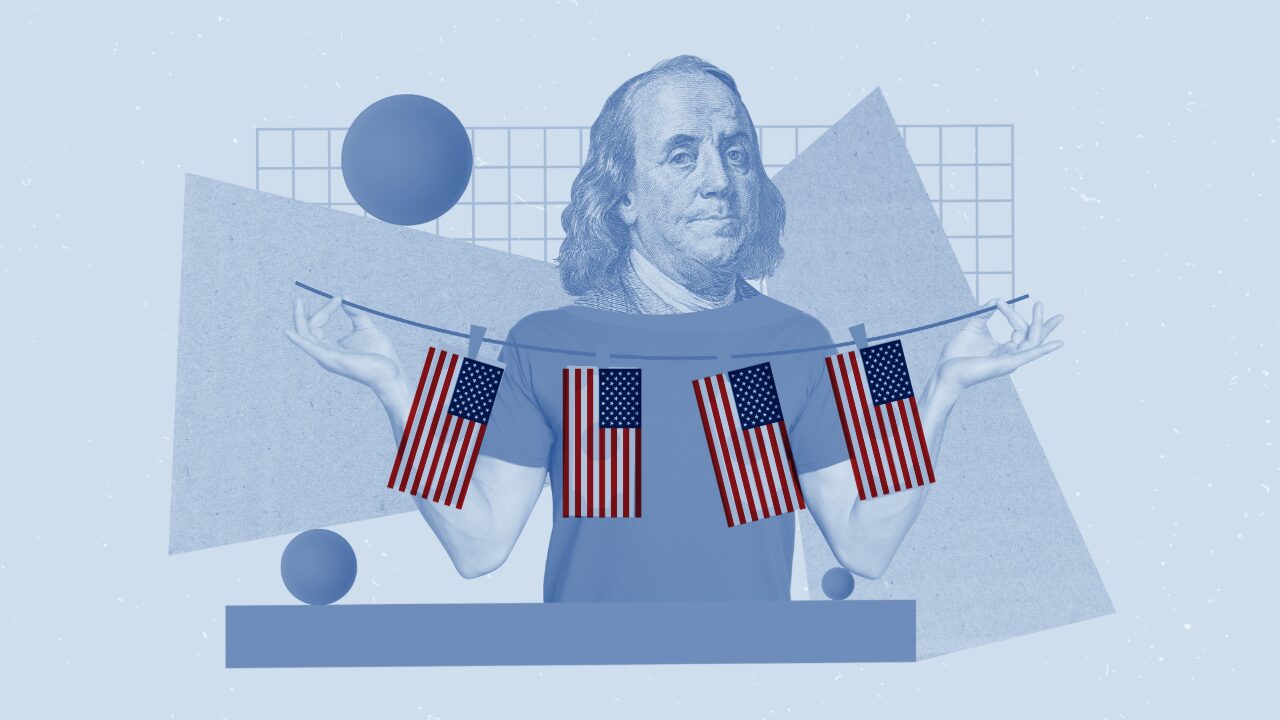On July 4, 2025, President Trump signed the “One Big Beautiful Bill” into law, securing a major legislative win for small and independently owned building supply businesses. The bill makes permanent many of the business-critical tax provisions from the 2017 Tax Cuts and Jobs Act (TCJA), including 100% bonus depreciation, research and development (R&D) deductions, and 20% pass-through business deductions—measures that have served as lifelines for the LBM industry.
Since the TCJA’s passage, the lumber and building material (LBM) sector has warned of the damage that would result if these tax provisions were allowed to expire. Their rollback threatened to raise costs, stall hiring, and reduce reinvestment. These concerns were raised early in the 116th Congress (2019–2021), when lawmakers introduced bills to extend bonus depreciation and the 20% deduction for pass-through entities. But partisan gridlock, competing priorities, and the onset of the COVID-19 pandemic pushed tax reform off the agenda.
In 2021, as phase-outs loomed, the ABMA was formed with a mission to refocus the conversation. Rather than rely on traditional advocacy tactics, ABMA worked to reframe the issue—elevating examples from small and mid-sized firms with tight margins, real payroll challenges, and direct ties to local housing markets.
During the 117th Congress, ABMA began submitting formal policy recommendations, signing onto coalition letters, and highlighting the real-world impact of expiring provisions. R&D expensing had already begun to phase out, and bonus depreciation was next. Political divisions, budget concerns, and implementation confusion continued to stall progress. Still, ABMA pressed forward—sharing how these provisions were not corporate giveaways but essential tools for local businesses to stay solvent.
By the 118th Congress (2023–2025), the urgency had only grown. ABMA prioritized the Tax Relief for American Families and Workers Act (H.R. 7024), which passed the House with bipartisan support and included retroactive extensions for key business deductions. In the background, ABMA expanded its advocacy strategy, with members taking the lead during its Capitol Hill visits. Business owners explained how tax rules shaped their ability to expand, invest in equipment, or retain staff—often doing so with simple, relatable examples that landed more effectively with lawmakers.
The Alliance also threw its weight behind the Main Street Tax Certainty Act, which sought to make the 20% pass-through deduction permanent. ABMA joined more than 230 trade associations in urging Congress to act. It also submitted formal tax policy recommendations to the Senate Appropriations Committee, focused on expensing and the Section 199A deduction. When congressional momentum faltered again—this time due to gridlock over SALT deduction caps, election-year hesitancy, and competing budget priorities—ABMA remained in the mix, keeping pressure on lawmakers from both chambers.
In 2025, with a new Congress seated, ABMA wasted no time. In January, the Alliance again submitted detailed tax recommendations. Then in April, ABMA hosted its third and largest Advocacy Day in Washington, with more than 70 members participating in over 50 meetings. The messaging was consistent and clear: tax certainty was necessary to manage risk, invest in workers, and keep up with inflation.
By midyear, it became clear that two separate budget reconciliation bills were unlikely to advance. Instead, congressional leadership merged proposals into a single bill—nicknamed the “Big Beautiful Bill.” Despite procedural challenges and competing priorities, the bill ultimately cleared both chambers and reached the president’s desk in time to beat the TCJA’s expiration cliff.
According to the Council of Economic Advisers, the new law is expected to increase investment by up to 6.7%, raise GDP by as much as 1.6%, and boost wages by $6,100 to $11,600 per worker. Family take-home pay could rise between $7,800 and $13,300 due to increased earnings and lower tax liabilities.
The bill also delivers on provisions ABMA championed from day one: the permanent 20% deduction for qualified business income, full and immediate expensing for capital equipment and R&D, and tax certainty that allows business owners to plan ahead.
This outcome wasn’t inevitable. It reflects years of steadfast and collective commitment—through election cycles, shifting leadership, and legislative delays. ABMA’s approach evolved alongside these challenges. Rather than retreat when early efforts stalled, the Alliance adapted—encouraging members to step forward, simplifying the message, and finding ways to make the policy land with lawmakers who were often hearing competing narratives.
In the end, that persistence paid off. The provisions LBM businesses fought to preserve are now permanent law. For ABMA and its members, it’s not just a policy win—it’s a testament to what an industry can build when it’s determined to keep America building.




